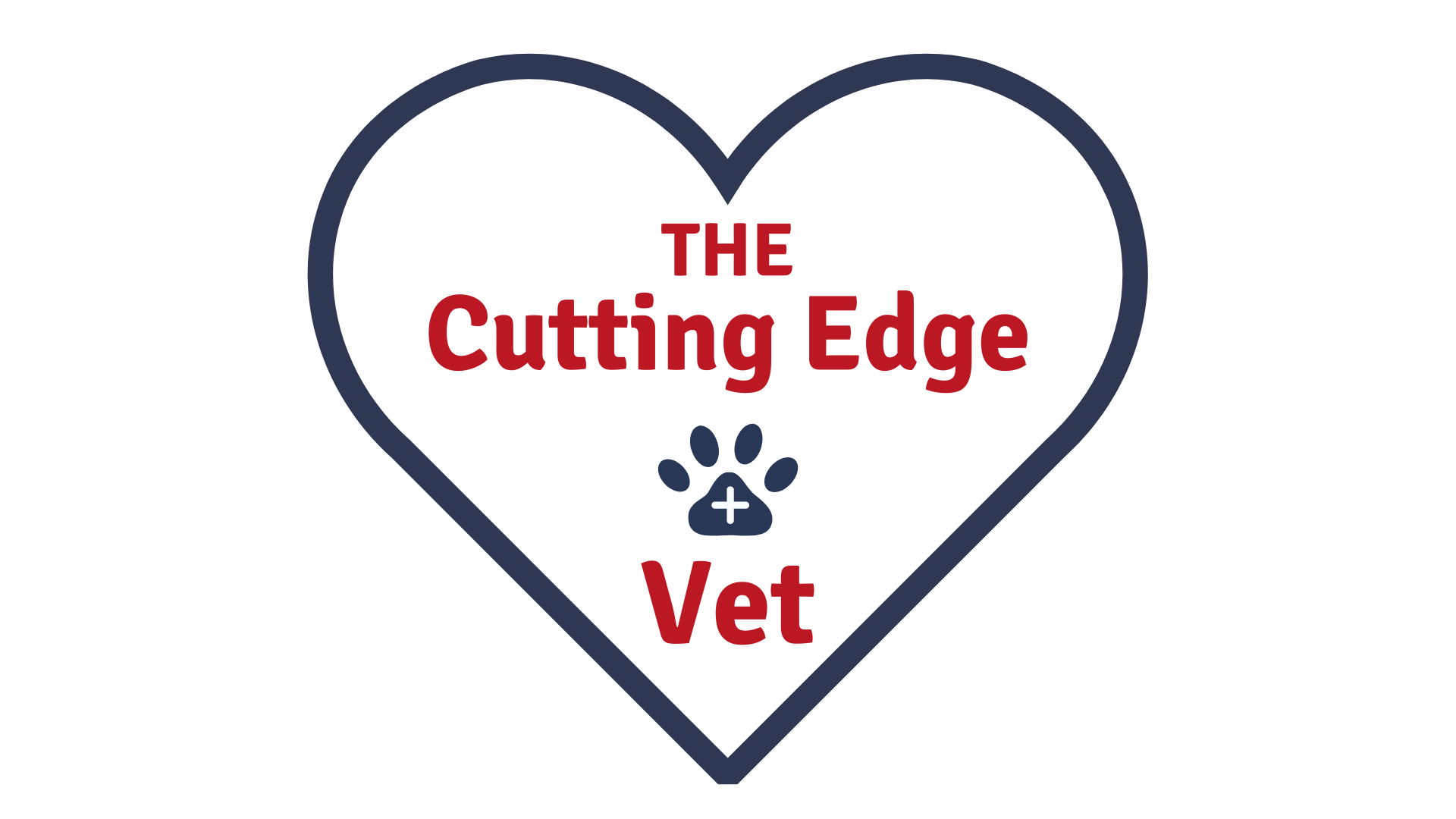Why do some dogs suffer from bad breath?
While poor dental health is the primary culprit, there are other factors that can contribute to your dog’s unpleasant breath. Identifying the cause is important as it could indicate a more serious underlying health issue. Let’s explore some common reasons for bad breath in dogs and how to address them holistically.
Dietary Factors
Your dog’s breath may smell bad if they have consumed something rotten or stinky. Dogs with a condition called pica may eat non-food items, resulting in less-than-pleasant breath.
Systemic Diseases
Various diseases can cause unusual breath odors in dogs. Diabetes, for example, can lead to breath that smells sweet, musty, or sour due to excess sugar in the bloodstream, which promotes bacterial and yeast growth in the mouth. Kidney and liver failure can also contribute to foul-smelling breath as these organs fail to filter waste properly.
Sinus or Nasal Infections
Infections of the sinuses or nasal cavity can result in bad breath. If your dog exhibits coughing, sneezing, or nasal discharge alongside bad breath, it is important to consult with a veterinarian. Tumors in the nasal cavity can also cause foul odors if left undiagnosed and untreated.
Infected Lip Folds
Some dogs have constantly wet lip folds that may become infected. If there are signs of infection or inflammation in or around these folds, a thorough examination by a veterinarian is necessary.
Gastrointestinal Issues
Vomiting, diarrhea, or conditions that cause food pooling in the esophagus can contribute to bad breath. Persistent vomiting could indicate intestinal blockage, requiring immediate veterinary attention. Megaesophagus, characterized by abnormal esophageal motility, and persistent right aortic arch (PRAA), an abnormal development of vessels surrounding the heart, are other conditions associated with food pooling and bad breath that need evaluation and treatment by a veterinarian.
Holistic Approaches for Treating Bad Breath in Dogs
Dental Cleaning
A professional dental cleaning performed by a veterinarian is a recommended starting point. They can identify any rotten or loose teeth and address them accordingly.
Regular Teeth Brushing
Establish a routine of brushing your dog’s teeth using specialized brushes and non-foaming toothpaste designed for dogs. This helps improve oral health and combat plaque.
Oral Washes and Water Additives
Consider using oral washes or water additives that target plaque and freshen breath. These products can be added to your pet’s water bowl.
Probiotics
Some probiotics are available to support your pet’s oral health and microbiome. They can help promote a healthy mouth environment.
Chew Toys and Dental Treats
Providing your dog with appropriate chew toys and dental treats helps maintain good oral hygiene by encouraging chewing and promoting teeth cleaning.
Balanced Diet
Feed your dog a high-quality, well-balanced diet that supports overall oral health.
Breeds Prone to Bad Breath
Small breed dogs tend to have more oral health issues compared to larger dogs. Their teeth are often closer together, promoting plaque formation and periodontal disease. Diet may also play a role, as many small dogs primarily consume canned food, lacking the teeth-cleaning benefits of crunching on dry food. Offering chew toys and dental chews can help address these issues.
Significance of Bad Breath
Yes, bad breath in dogs can indicate more serious metabolic, endocrine, or digestive problems. If you notice persistent bad breath, it is important to have your dog examined by a veterinarian to rule out underlying health concerns.
By addressing the underlying causes and implementing holistic dental care practices, you can help improve your dog’s breath and overall oral health, promoting their overall well-being.
